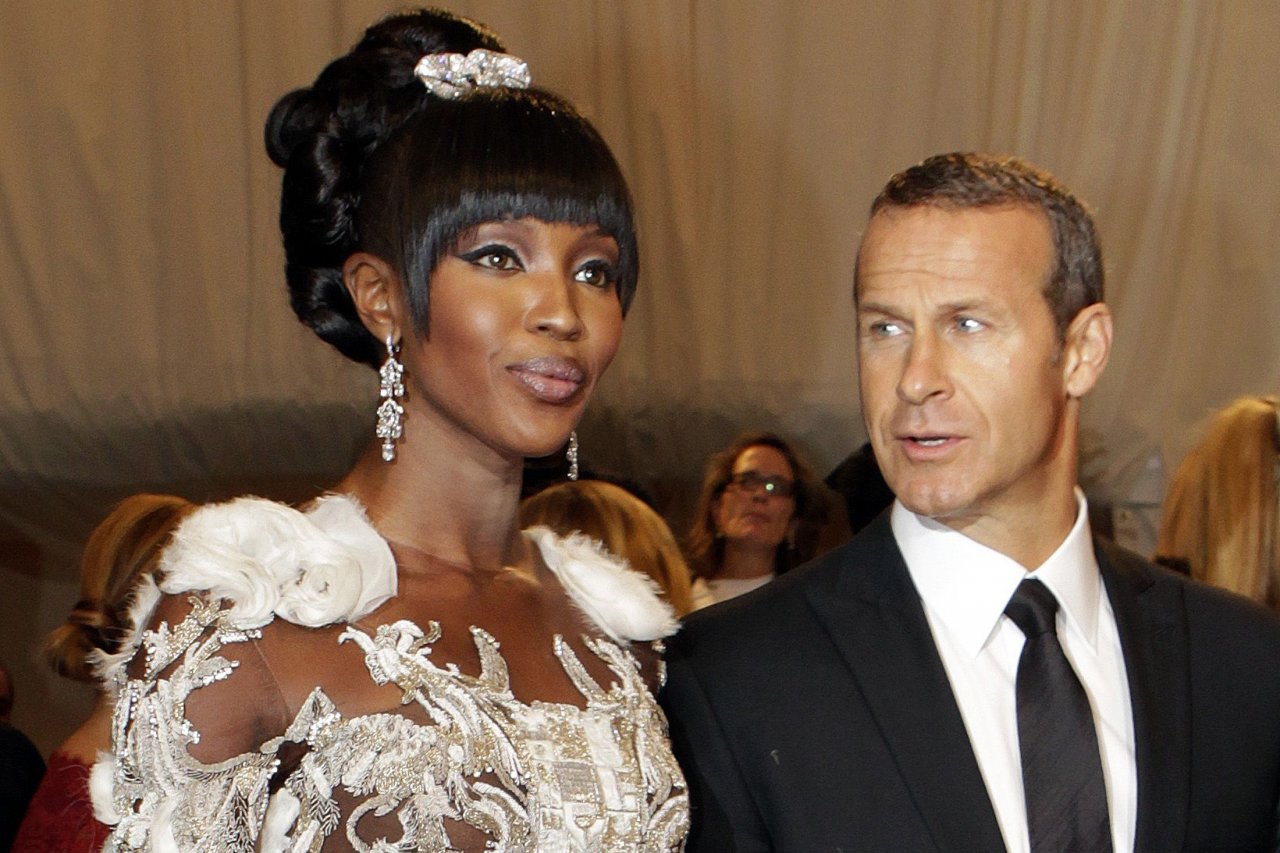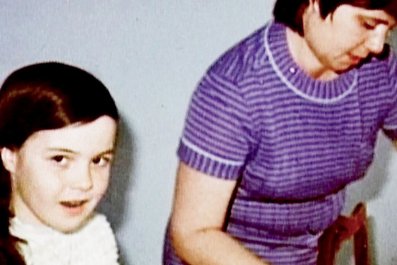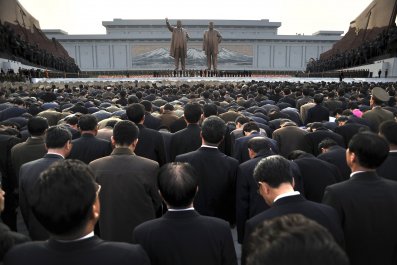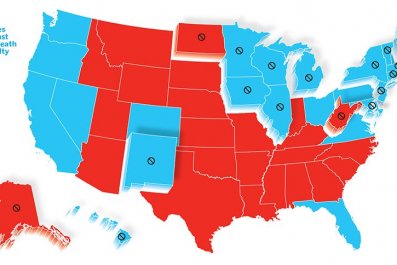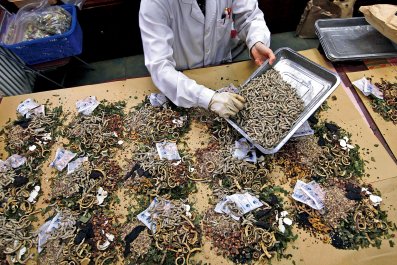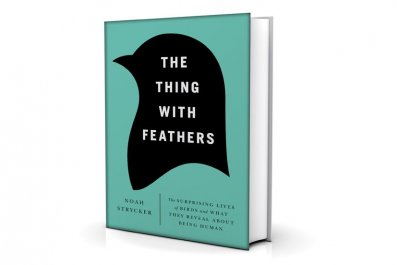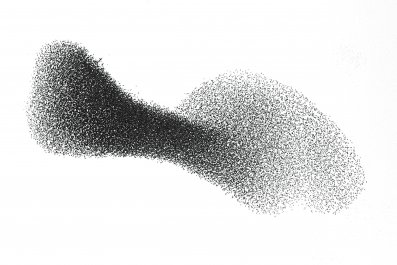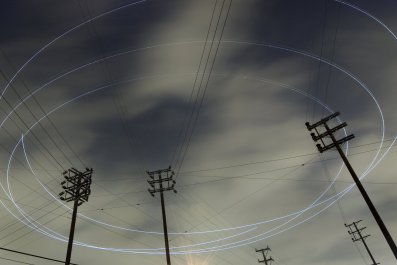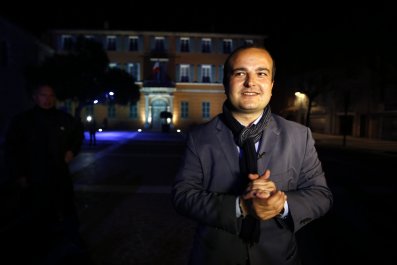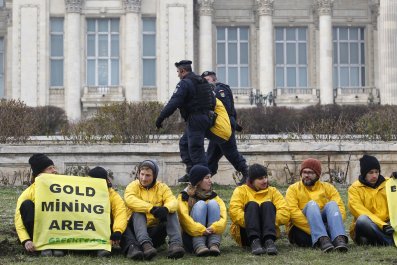It was F Scott Fitzgerald who said about the very rich: "They are different from you and me." The way they take their holidays can also be a little different. The level of service and discretion offered by Aman Resorts made them the favourite boltholes of the rich and famous for more than 25 years. Yet things may be about to change. Adrian Zecha, the founding genius behind the company, has just been ousted by the new owners. His replacement as CEO? – Vladislav Doronin, the Russian oligarch who dated Naomi Campbell before moving on to Luo Zilin, a former Miss Universe China.
The founder of Capital Group, a Moscow-based property company, Doronin, 51, promises to preserve the Aman appeal. However, most Amanjunkies, as devotees are known, will be shuddering at the thought of Zecha no longer being in command.
Doronin insists that Zecha retired, but many find this hard to believe. After all, Zecha, 81, championed the concept of the luxury hideaway resort, now copied by hoteliers all over the world.
Born into a wealthy Indonesian family, Zecha was a publisher before he opened his first hotel, Amanpuri, in Phuket, Thailand in 1988. It had no lobby, telephones or TV. Anthony Lark, his first general manager, who now runs Trisara, the Thai resort company, believes that "nobody even comes close to what Adrian has achieved . . . He created an entire new market and he made everybody understand luxury is the outcome of an experience, not a product."
Victoria Mather, the travel editor of Vanity Fair, agrees. "Adrian Zecha revolutionised hoteldom. BZ – Before Zecha – top hotels were classic grand but AZ – After Zecha – there was the seismic shift to boutique cool. Still the fabulous service, to the power of 100 plus, but much less formality, and gorgeous design."
The roll call of famous Aman guests is so huge that it would be easier to list who wasn't an Amanjunkie. Zecha frequently received letters of thanks from the world's most famous monarchs or actors written as if they had been his personal guests. Princess Diana is said to have penned one such letter after she had jetted between all five Aman resorts in Indonesia, courtesy of a plane lent by a Saudi prince.
Nothing was too much trouble at these exquisite locations in Bhutan, Tahiti, Turkey and the Rocky Mountains, where the most basic room starts at about $1,500 a day. Stories of superlative service for the "out of sight rich" are legion.
Roman Abramovich and his family once arrived by yacht at an Aman resort, where their daughter became attached to a baby elephant that she insisted on taking home – on the yacht. The hotel staff obliged by constructing a barge to deliver it only to find that the daughter had lost interest, so it was left behind. When a Muslim potentate drank the Amanpuri in Thailand out of its precious store of $7,000-a-bottle Chateau Pétrus, the hotel chartered a plane to Singapore to replenish their stocks. And when an ageing film star was too tired to negotiate the steps up from the beach? No problem. A palanquin was found and a handful of the staff lugged Elizabeth Taylor up to the entrance.
The first Amans tended to be in stunning places, close to remote villages. At Aman-jiwo in Borobudur, Java, the dedication to training the locals resulted in some charming misunderstandings between billionaires and staff. One American guest was furious to discover a rat in his suite from the adjacent paddy field. Failing to make the staff member understand what a rat was, he drew one, whereupon the helpful youth went off to catch a rodent for this strange guest.
From Phuket, Aman extended to Bali, the Philippines, Morocco, India, China and now has 26 resorts in all. The most recent Aman is a palazzo on the Grand Canal in Venice, where even the cheapest suites are more than $2,000 a night.
This is not the first time there have been power struggles in the boardroom. In 2007, DLF, an Indian real estate company purchased Aman Resorts for $250m but sold it when profits did not match their expectations. Since then, there has been a steady stream of interested buyers such as Goldman Sachs and LVMH. Finally, a deal was struck last February, which left Zecha apparently in control. However, things soured earlier this month, when the new investors, who also include Johan Eliasch, the owner of the Head sports brand, announced Zecha's departure.
Following his exit, some travel experts are wondering whether the heyday of the Amanjunkies is over. One former Aman manager believes many of its high-profile clients have moved on to other exclusive places. "Twenty-five years on, all of those people are far more experienced travellers . . . The new Amans now appeal to rather boring international nouveau riche." So instead of Bill and Melinda Gates, Boris Becker, Charles Saatchi, Oliver Stone and the King of Morocco, clients are increasingly Malaysian billionaires, oligarchs or businessmen from Shanghai or Rio.
Anthony Lark blames the rise of smartphones for frightening A-listers away. "The problem for Aman Resorts was when the non-A list guests became amateur photographers with their iPhones. At that point, most celebrity guests stopped going to hotels and would only go to private villas to avoid being photographed."
Although the Aman Group's official announcement states that Zecha had decided to step down from his position as chairman and CEO, his closest friends remain sceptical. Zecha himself declines to comment. As one of his friends remarks: "His real fear is that whoever buys it or controls it will overdevelop it. Vlad is a property guy in Moscow and has made his money by turning over property – will this be his plan for Aman Resorts? We will just have to wait and see." Whether or not the high-maintenance Amanjunkies will show such forbearance will be of even more interest to the new owners.



